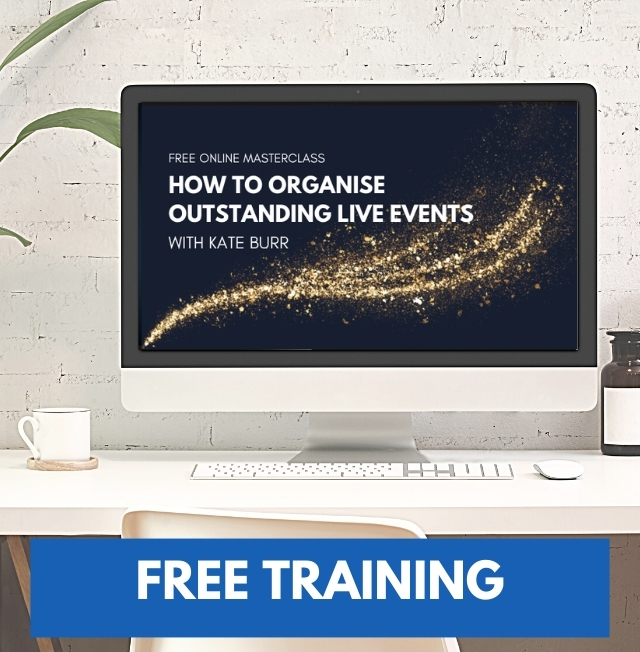For a long time, I believed that laughter was the best medicine. It’s a comforting belief that makes us feel good: laugh through life’s challenges, and everything will be alright. But my “journey” — ugh, sorry, I just vomited in my mouth — took a more, let’s say, “interesting” path. It led me from the heights of comedy to the depths of clinical depression and, ultimately, to a profound understanding of humour’s true power.
As a stand-up comedian, my job was to make people laugh. I thrived on the idea that laughter could cure everything. In 2009, after my daughter was born, I created a comedy show for mums where we laughed about the challenges of parenting. The recognition laughter from the audience surprised me, but it also made me realise I wasn’t the only one facing these challenges. We’d all leave feeling great, thinking laughter had solved the world’s problems.
I was convinced: laughter really was the best medicine!
But as I soon discovered, that belief was only part of the truth.
After each performance, I’d step off stage feeling great—only to go home and feel terrible again. I was caught in a cycle of feeling good in the moment but bad afterward, with no idea how to break it. So I doubled down on laughter. I joined the comedy trio The Three Stuffed Mums, featuring three mums at different life stages: I was the one with a toddler who was “physically stuffed,” Maggie had a teenager who was “mentally stuffed,” and Kehau was the empty nester telling everyone to “get stuffed!” I even wrote a book of nursery rhymes for new mums with re-imagined classics like This Piggy Mummy Had Tim Tams and Rock-A-Bye Mummy, I Need Some Sleep.
I thought, This has to work! Laughter is the best medicine!
Until it didn’t.
The balance between feeling good on stage and feeling terrible off stage became impossible to maintain. Finally, I threw in the comedy towel and called in the professionals—aka psychologists. That’s when I was diagnosed with clinical depression—almost ten years after the initial signs of postnatal depression.
I was shocked. How could a comedian who specialises in laughter end up with clinical depression? It felt like the ultimate betrayal. And as I sat in the psychologist’s office, the signs were all there: the song I performed in The Three Stuffed Mums was called I Don’t Want to Be a Mum Today, and I wrote nursery rhymes like Twinkle Twinkle Little Shit! The cracks had been showing all along—I just couldn’t see them because I was too busy laughing.
I felt completely ripped off.
Had laughter turned against me? What the hell do I do now?
It was in this dark place that I finally had a useful thought: If comedy got me into this mess, it can bloody well get me out of it!
I started to unpack what comedians actually do. I realised that while laughter is part of the equation, it’s only part. Comedians don’t just laugh—they’re conscious of what’s happening around them, they get curious and explore every angle, and then they creatively turn those insights into humour.
I decided to apply those principles—being conscious, curious, and creative—to my own life.
When I got really conscious about what was happening, I realised something crucial: laughter didn’t fix my problems. Sure, it made me feel better in the moment, but it didn’t change the underlying issues. It was like being knocked out for surgery but never actually getting the surgery done. I woke up, and the problems were still there.
That’s when I realised laughter isn’t the best medicine—it’s the best anaesthetic. It numbs the pain but doesn’t solve the problem. To truly feel good, I had to dig deeper.
I got curious. I asked, Why is this happening? What’s really going on beneath the surface? And I realised that humour, when used properly, is about more than just laughter. It’s about awareness, action, and creativity.
That’s when everything clicked. Laughter is just the first step—it helps you feel good. But to really experience transformation, you have to take action. That’s what leads to true satisfaction and fulfilment.
When you combine laughter with conscious action and creative problem-solving, the results are extraordinary. Humour improves awareness, enhances resilience, and fosters creativity. It helps you solve real problems, not just cover them up with jokes.
This became the foundation of my work in Comic Intelligence. It’s not about getting laughs for the sake of laughs. It’s about using humour consciously and strategically to improve well-being, strengthen connections, and unlock potential in both personal and professional life.
Today, I share my story through workshops and speaking engagements, encouraging others to confront their challenges head-on, not just mask them with laughter. While laughter is powerful, it’s the courage to face our realities with curiosity and creativity, that ultimately leads to genuine happiness.
Because when we feel good and do good, everyone wins.




